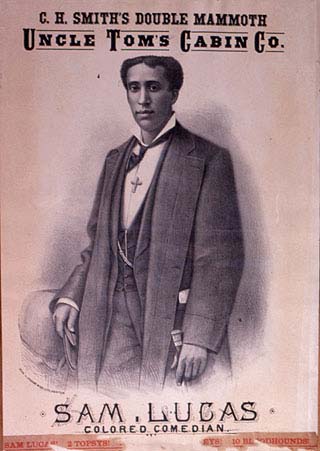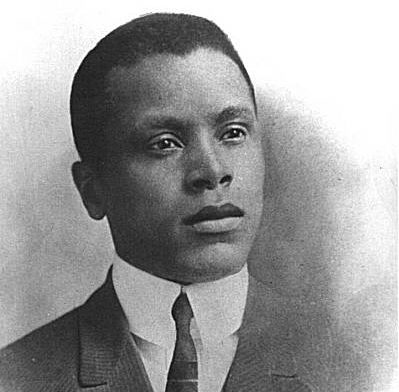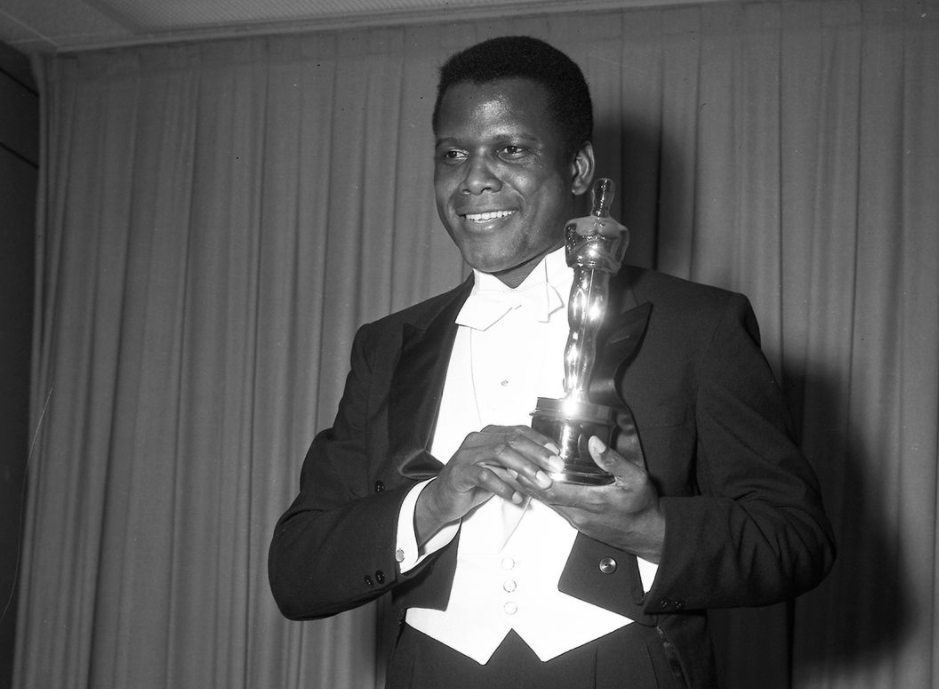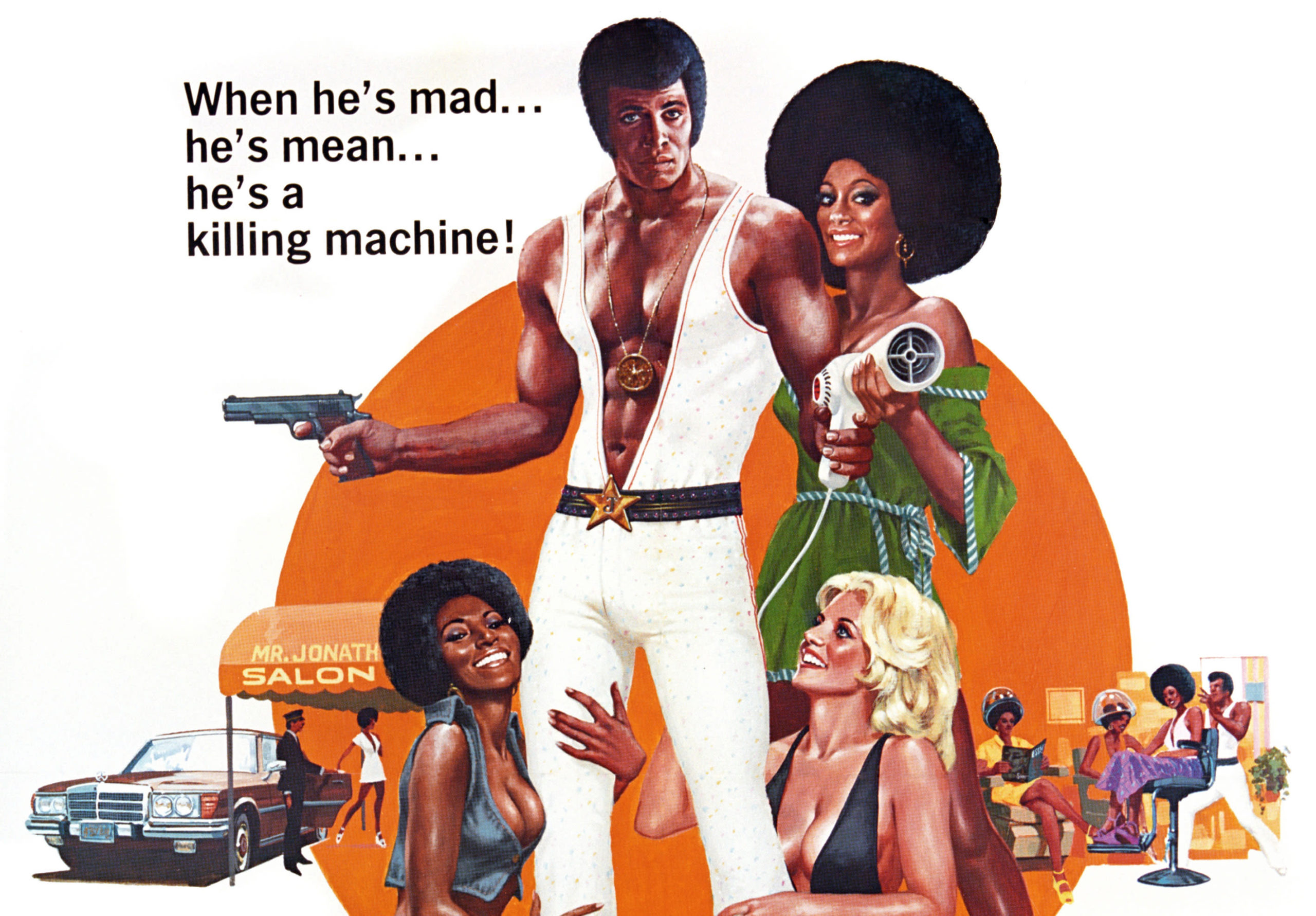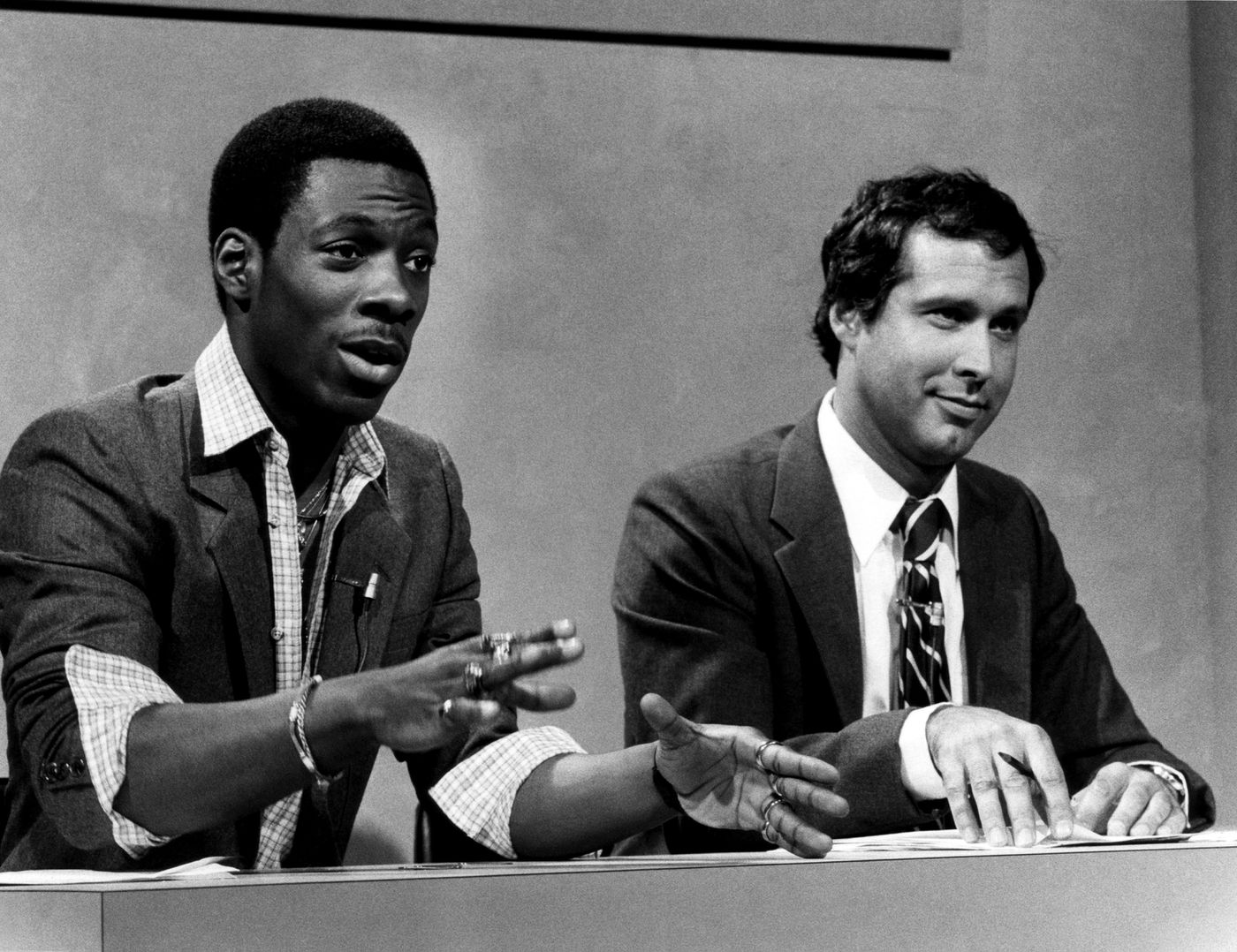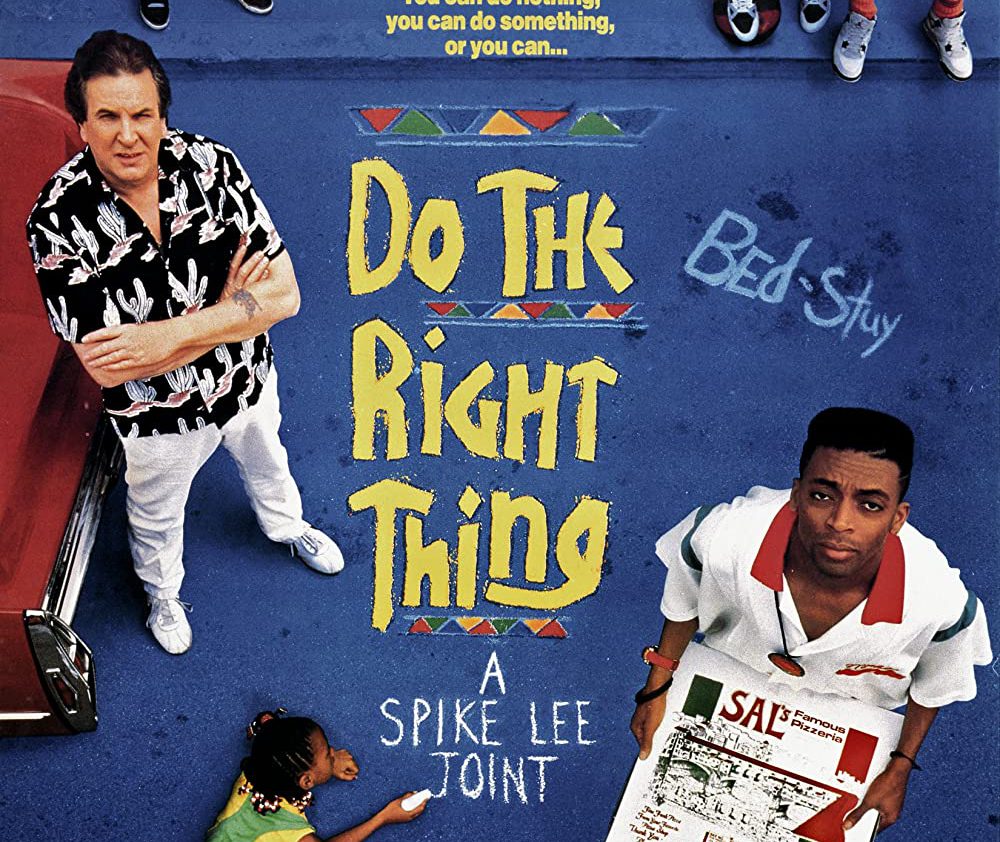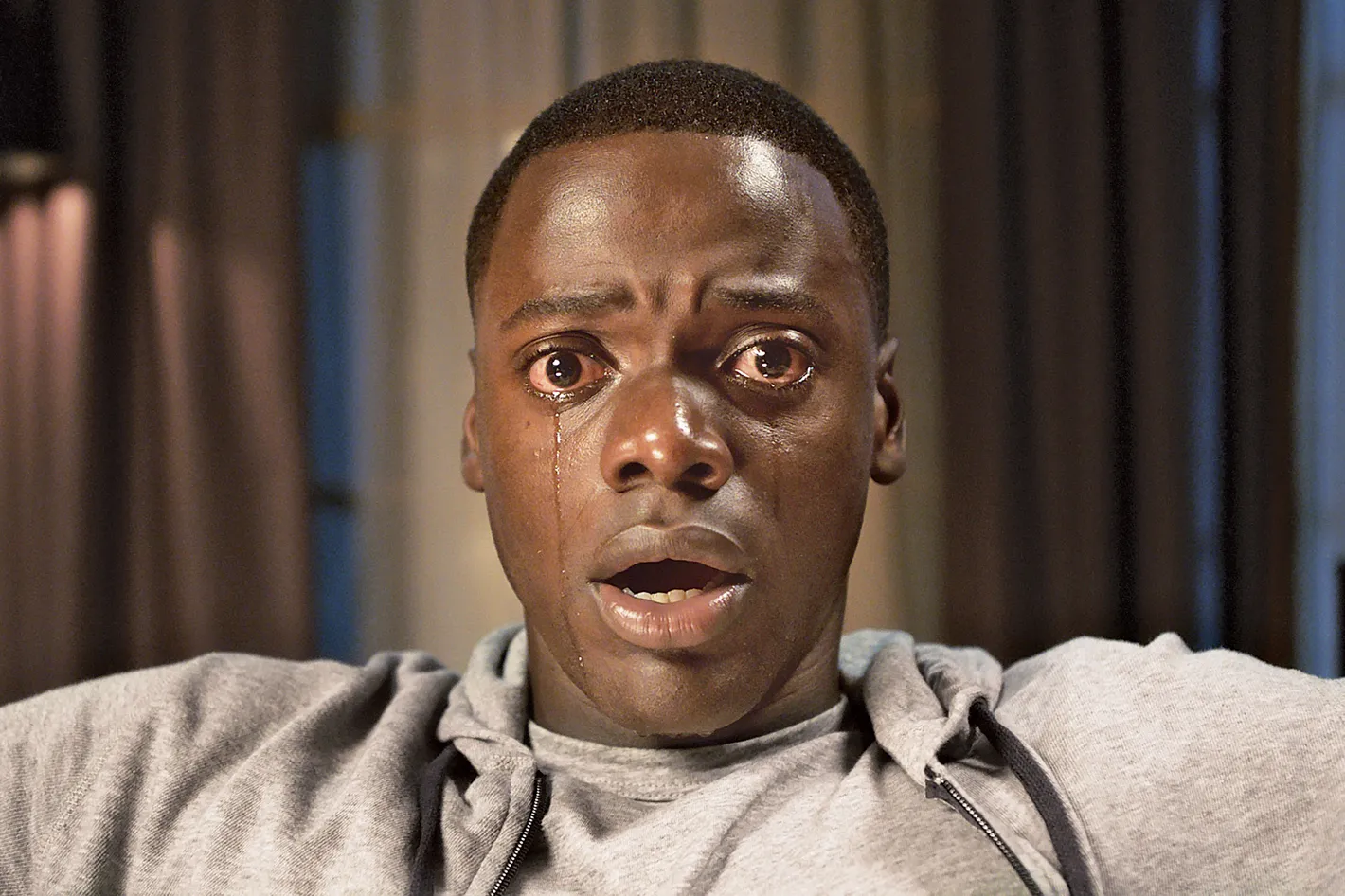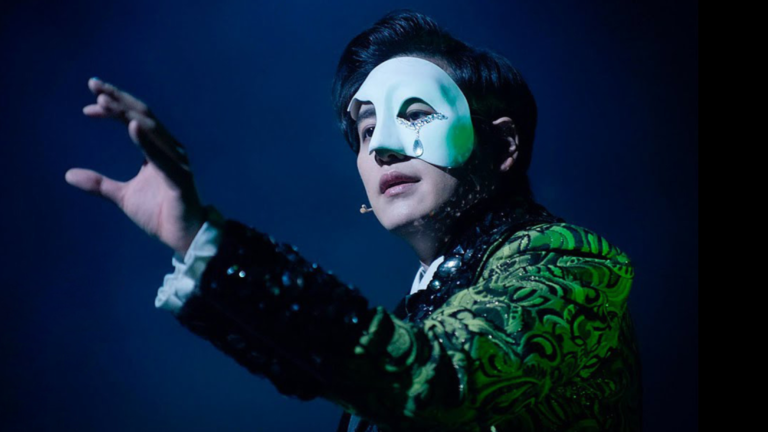In honor of Black History Month, we are taking a look at Black film history in America. This is a topic that is often overlooked, but it is an important part of our film heritage. Because of the work of many Black filmmakers and activists throughout history, Hollywood is much more diverse than it ever has been before.
Hollywood today is undoubtedly enriched by the immense talent of Black filmmakers, but this isn’t a new phenomenon. In fact, Black cinema has been an integral part of the film industry since it first started over a century ago! In this blog post, we will explore the origins of Black cinema and its evolution over the years.
The History of Black Cinema: The Beginning
During the beginning of the film industry, Black people were not seen on film and instead white people would portray Black characters, otherwise known as “blackface.” The portrayals perpetuated inaccurate and damaging stereotypes of Black people. In 1898, a groundbreaking silent short film by the name of “Something Good – Negro Kiss” was filmed. It showed an African-American man and woman sharing multiple kisses. This film was discovered in 2017 and marks the first known example of a positive romantic representation of a Black couple on film.
Around a decade later in 1909, the first African-Americans appeared in a feature film with the derogatory title, “Sambo”. In 1914, actor Sam Lucas made history when he became the first African-American to lead a mainstream film – Uncle Tom’s Cabin. The film was based on the best-selling novel written by Harriet Beecher Stowe but was created by White producers who used white actors in blackface for many of the main roles.
During this period, when theaters were still segregated, African-Americans went to movies just like everyone else did. This provided a unique opportunity for production companies to market films directly to African-American theaters for profit. William D. Foster was an African-American film producer who founded one of the earliest film studios featuring African-American talent – the Foster Photoplay Company. The Peter P. Jones Film Company and the Lincoln Motion Picture Company were two more production houses that specialized in films for African-American audiences.
Race Films Era
The film scene in African-American communities got a lot more traction after “Birth of the Nation” was released in 1915. The film was widely popular across the nation but it was also an extremely racist movie that glorified the Ku Klux Klan and depicted African-Americans as violent criminals.
Many African-Americans were outraged by the film, which led to the rise of Race Films. Race Films were movies mainly made by and featuring African-Americans. These films were a counter-cinema to the racist portrayals of Black people that were made by white producers. Instead, these films provided honest portrayals and positive messages about the African-American community.
The Uplift Movement, a concept that was created by Black elites like WEB Du Bois and Booker T. Washington, was meant to motivate educated African Americans to lift up their communities. Race films became a powerful tool for the movement, as Black filmmakers were able to use these movies to promote their message.
Oscar Micheaux is widely regarded as the face of the Race Films era because of his extensive line of movies. He is regarded as one of the pioneering filmmakers of early Black Cinema. His most notable work is Within Our Gates (1920), a film that portrays the years of Jim Crow, the Ku Klux Klan, and the Great Migration. Micheaux created 44 films total with many of them challenging racist stereotypes.
Race Films continued through the development of talkies and soundies. Musical films became popular also as they featured talented artists like Dorothy Dandridge, Louis Armstrong, and Stepin Fetchit, the first Black actor to become a millionaire. The Race Films era ended when World War II started in the 1940s. During this time, many African-American filmmakers or actors joined the war effort and Black women filled positions at factories that were previously held by men.
Sidney Poitier
During the 1950s, Sidney Poitier made groundbreaking waves in Hollywood. He was a trailblazer who entered the Hollywood scene with a film in 1950, where he played a doctor treating a White bigot. Soon after that came 1958, Poitier had already earned himself an Academy Award nomination for playing alongside Tony Curtis in “The Defiant Ones”.
The success of Poitier’s film career only continued into the 60s. In 1963, Poitier became the first African-American to win an Oscar for Best Actor for his role in “Lilies of the Field”. Despite his many roles and awards, Poitier felt that Hollywood was using him as the token Black actor instead of actually pushing for diversity. He was quickly typecast as the noble Black man without flaws which he accepted since it defied previous stereotypes. His films about acceptance and integration mirrored the Civil Rights movement at that time in which he was also an activist.
The Blaxploitation Era
In the post-Civil Rights era, white filmmakers wanted to capitalize on African-American audiences and thus ushered in a new cinematic period known as Blaxploitation. For the first time since Race Films, African-Americans were cast in primary roles as heroes or protagonists.
The films were largely created by white filmmakers and were often cheaply made. Blaxploitation films are heavily known for perpetuating stereotypes in a sensationalized way. They were also known to be influenced by the “Black Power Movement” going on at the time with stories centering around overcoming “The Man”. The period of time would leave a lasting impression on the future of film, and showcased a lot of new Black talent.
80s Comedies
The Blaxploitation era quickly declined in the 1980s but many different films starring African-Americans were still being made. Comedy films began to take the place of Blaxploitation and Eddie Murphy was a breakout star. Eddie Murphy first gained attention in the early 1980s by being cast on Saturday Night Live. In 1982, Murphy made his debut on the big screen in “48hrs”. Two years later, he left Saturday Night Live to pursue a career as an actor.
He starred in many comedy hits like “Beverly Hills Cop”, “Coming To America”, and “Harlem Knights”. In 1987, Robert Townsend made his directorial debut with the film Hollywood Shuffle – a satirical take on how African-Americans have been portrayed in Hollywood.
Another pioneering director who gained attention in the 1980s was Spike Lee. His film, “She’s Gotta Have It,” released in 1986, was a majorly successful independent film made by a Black director. In 1989, Lee directed “Do the Right Thing”, which is still one of his most popular and critically acclaimed films.
Breakthrough Filmmakers
Led by Spike Lee, there was a new wave of Black filmmakers who broke barriers in the 1990s. John Singleton, the first African-American to be nominated for an Academy Award for Best Director, was part of this new wave. He gained attention with his 1991 film, “Boyz n the Hood”, which showcased young African-American men and the struggles they faced in their inner-city neighborhoods.
Cheryl Dune and Julie Dash were two other pioneering filmmakers of this era with films that centered around the Black female experience. A range of dramas and comedies with Black casts made it to theaters and gave audiences around the world a different perspective of African-American culture.
Present Day
From the 2000s on, Black filmmakers have gained even greater recognition in Hollywood but the process was slow. The Black talent in front of the camera progressed at a faster rate than the talent behind the camera. African-American filmmakers started out confined to making mid-budget movies that rarely broke through to the mainstream audience.
Tyler Perry began his journey as a filmmaker in the early 2000s and he found success making films mostly targeting African-American audiences. Critics loathed his films but they were box-office successes. Hollywood often kept African-American actors and filmmakers to stories of oppression and historical traumas, which although it gained recognition from award shows, was severely limiting.
The 2010s saw a new breakthrough in Black cinema where African-American filmmakers were finally given the opportunity to tell a diverse range of stories that were well-received by audiences. Moonlight, a film about Black male identity and sexuality, won an Academy Award for Best Picture in 2016 which was a historic moment for film in general. With streaming services and indie film companies growing exponentially, Black auteurs like Ryan Coogler, Jordan Peele, and Ava DuVernay have ushered in a new era of Black cinema that is getting more seen, respected, and celebrated around the world every year.
Sources:
https://www.criterion.com/current/posts/6845-black-cinema-at-its-birth
https://aaregistry.org/story/black-history-in-american-cinema-film-a-story/
https://blogs.loc.gov/now-see-hear/2022/10/looking-and-looking-again-at-black-film-history/
All-Time Popular Blogs

12 Horror Movies So Ridiculous – Ridiculously Good
We all know the allure of a good guilty pleasure flick — movies so ludicrous and outlandishly executed that we can’t help but be bowled over by the audacity. Welcome...
Read More
Best Free Filipino Movies You Can Watch Right Now
“There’s always a Filipino somewhere” is a well-known fact, and it’s true even in streaming platforms. Of course we have some right here in Reveel. From the adrenaline-infused streets of...
Read More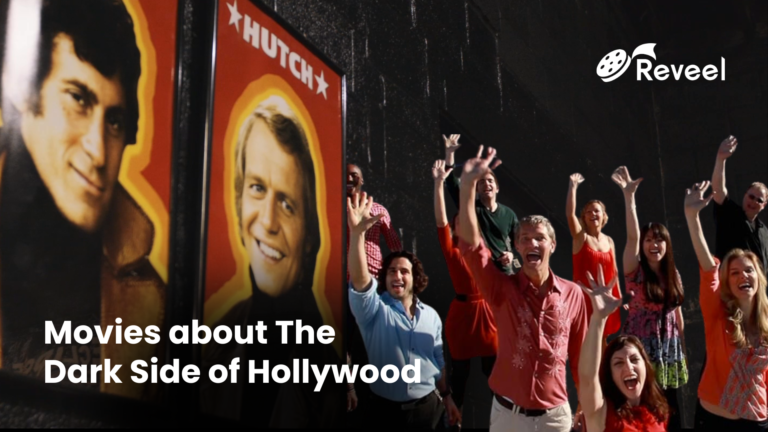
Movies about The Dark Side of Hollywood and Fame
The darker side of Hollywood—the side rife with scandal, exploitation, and the unyielding pressure to remain in vogue—is a tale as old as cinema itself. Yet, these stories never fail...
Read More
Reveel Interviews Dima Taran: The Filmmaker Behind The Animated Short ‘Laniakea’
What if we are alone in the universe? This question is at the core of the short film Laniakea. Originally created as a college project by Dima Taran, the film...
Read More
5 Best Animated Short Films To Watch For Free On Reveel
Sometimes the best stories aren’t the longest, they are the shortest. Short films have perfected the art of telling a captivating story in just a few minutes and animated shorts...
Read More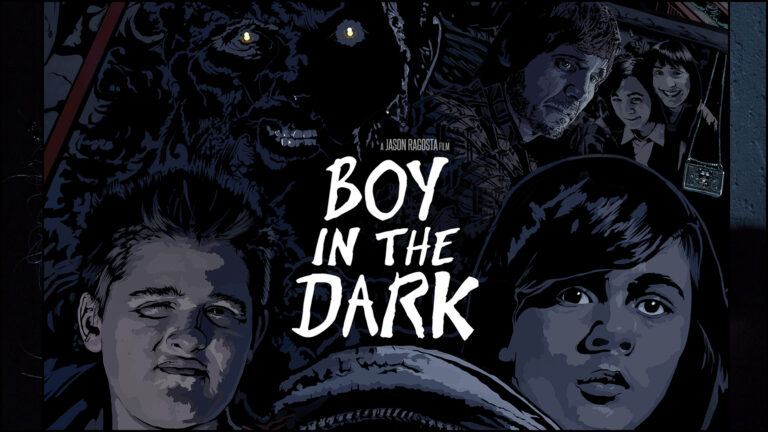
Reveel Interviews Jason Ragosta: The Filmmaker Behind The Short ‘Boy In The Dark’
Most, if not all, children had night terrors growing up. Some would hide under the covers. Others would yell for their parents. Kid-version Jason Ragosta, screenwriter and director, decided to...
Read More
